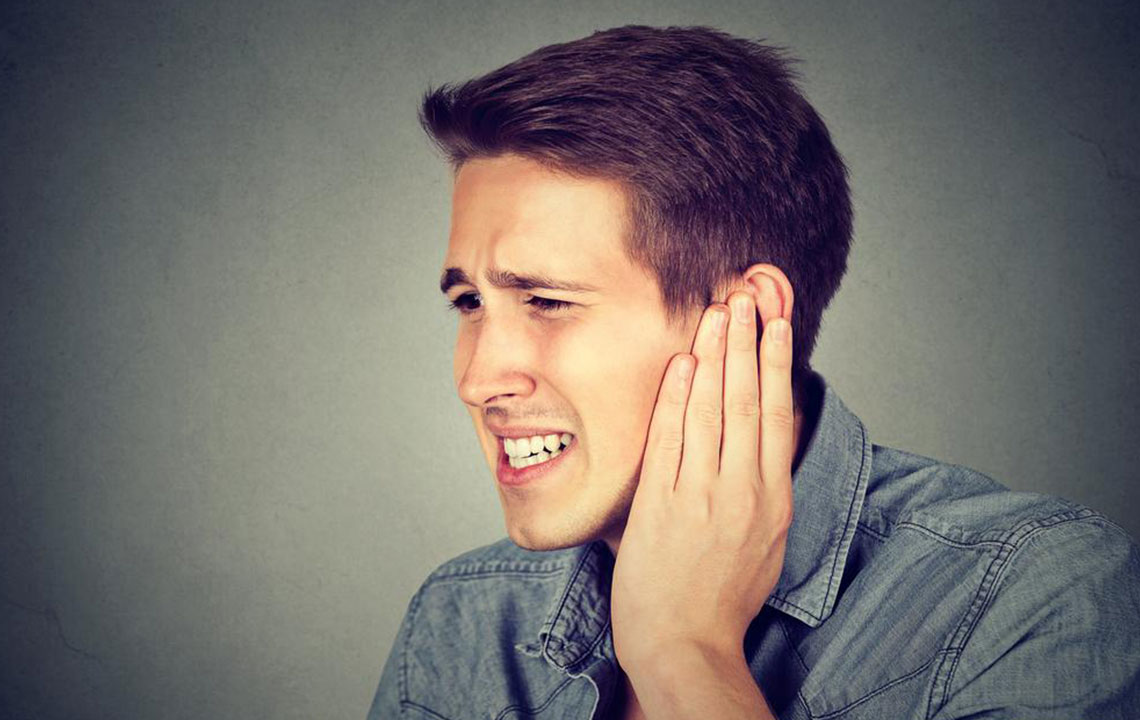How to Treat Tinnitus – Medications and Lifestyle Changes
Tinnitus, the constant buzzing, ringing, hissing, or whistling sound that only you can hear, is a bothersome health condition to live with. Caused primarily by continuous exposure to loud noises, tinnitus may also occur owing to injuries to the head, consumption of ototoxic drugs, certain underlying health problems, and stress. Quite often, the condition leads to physical, attentional, and psychological side effects. Although no unfailing cure for tinnitus is available at present, there are a number of treatment options that effectively diminish the intensity and burden of the health condition.

Here is a quick look at how to treat tinnitus using the following therapies.
Addressing Underlying Health Issues
As a first step to treating tinnitus, your physician will attempt to diagnose any existing, treatable health problems that might be causing the symptoms associated with the condition. Some such treatable health issues include:
- Removal of any obstructions in the ear canal. These include excessively accumulated earwax or any loose strand of hair that is impacting against the eardrum.
- Treating a vascular problem through drugs or surgery.
- Treating injuries to the neck and head via medications, surgery, chiropractic treatment, osteopathy, and physical therapies. These treatments help alleviate symptoms caused due to improper flow of blood or nerve and muscle damage.
- If tinnitus occurs owing to a dysfunctional joint in the jaw, a dentist may realign your bite or provide other suitable dental treatments to ease the symptoms.
- At times, ototoxic drugs may induce temporary tinnitus. In such cases, although symptoms disappear once the drugs are fully metabolized, doctors may prescribe other medications to provide interim relief.
Using Medications
Medications prescribed for tinnitus help decrease the severity of its symptoms. Normally, psychoactive medications are recommended as they relieve depression, stress, and anxiety related to the condition. Antidepressant drugs such as clomipramine and desipramine and anti-anxiety drugs such as alprazolam and clonazepam enable the patient to better handle its emotional impacts.
Alternative Medicine and Supplemental Therapies
A few alternative medicine therapies that are said to treat tinnitus include:
- Acupuncture
- Transcranial magnetic stimulation that modulates nerve function to diminish the symptoms of tinnitus.
Supplements prescribed for the condition include zinc and vitamin B.
Making Lifestyle Changes
Doctors frequently advise people suffering from tinnitus to incorporate certain lifestyle changes to improve their perception of the condition. While these alterations do not address the cause of tinnitus, they do enable patients to cope with the issue in a better manner.
These lifestyle changes include:
- Dietary changes that boost energy levels and uplift the emotional health of the individual. In particular, patients are advised to lower caffeine, alcohol, and salt intake, as these are said are to set off tinnitus symptoms.
- Giving up smoking, as the habit is said to affect the flow of blood to nerve cells associated with hearing. Also, since smoking has stimulatory effects, it can worsen tinnitus symptoms.
- Engaging in more physical activity as it reduces stress, boosts the mood, and improves sleep.
- Ensuring that you get adequate sleep as fatigue exacerbates tinnitus symptoms.
- Keeping stress away through various relaxation techniques such as yoga, meditation, tai-chi, and self-hypnosis.
- Taking up social activities and hobbies that take the focus away from the condition, alleviate any negative emotions associated with it, and boost emotional health and optimism.
It must be noted that these lifestyle changes do not affect all patients in the same way. Hence, individuals must observe and record the lifestyle changes they make, and continue with those that ease the health problem.
Reducing Exposure to Loud Noise
Since exposure to loud noise is a leading cause of tinnitus and worsens the symptoms over short time periods, patients must avoid exposing themselves to loud noises by:
- Listening to music at lower volume when using earphones
- Wearing ear plugs or muffs when attending concerts or in proximity to loud power machines.
Suppressing Noise
One good way of treating tinnitus is to override the buzzing or ringing sound via exposure to external sounds or white noise. This can be done through the use of the following:
- Hearing aids that can increase the volume of environmental noises so that they mask and pull the attention away from the internal sound.
- White noise machines and wearable masking devices that provide continuous white noise at a low level. These gadgets help you get used to tinnitus thereby drawing your attention away from the constant sound.
Although there are several tinnitus treatment options available, the type of treatment provided to a patient depends on several factors unique to their case. Further, a combination of therapies may be required to maximize symptom relief.
Hence, according to the American Tinnitus Association, patients must work closely with their physicians to determine how to treat tinnitus using an option that best meets their individual requirements.